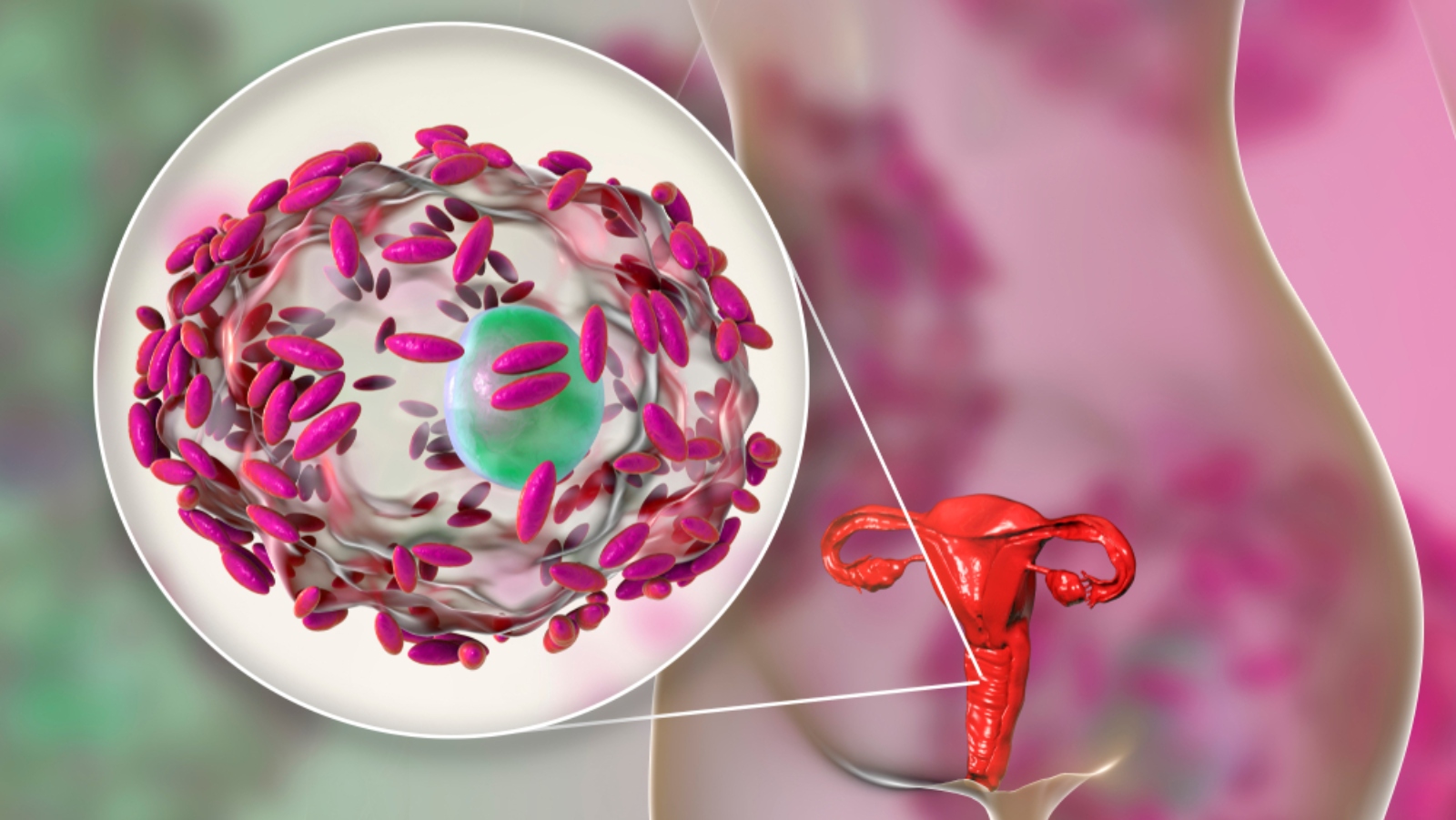Researchers in Israel have revealed a groundbreaking therapy for chronic bacterial vaginosis (BV) using transplanted vaginal fluid from a healthy donor.
Published October 7 in the journal Nature Medicine, the study is the first to show the effectiveness of vaginal microbiome transplantation (VMT) to treat BV.
The study on five women between ages 27 and 47 was led by senior OB/GYN Ahinoam Lev-Sagie, an expert in vulvovaginal disorders at Hadassah-Hebrew University Medical Center in Jerusalem, in collaboration with leading microbiome expert Prof. Eran Elinav from the Weizmann Institute of Science in Rehovot.
Four of the five women went into full long-term remission after one to three VMT procedures, necessitating a change of donor in one patient, with no side effects. The fifth woman showed partial improvement.
“The results were immediate,” Lev-Sagie tells ISRAEL21c, “and the change seen in the microbiome is tremendously impressive.”
VMT was the brainchild of Hadassah-Hebrew University Medical Center molecular biology researcher Debra Goldman-Wohl, one of the study’s lead authors.
She theorized that if fecal transplants can normalize an unbalanced gut microbiome (bacteria residing in the intestines), vaginal fluid transplants could normalize an unbalanced vaginal microbiome.
Elinav said the success of the “friendly microbiome takeover” experiment could lead to “an affordable solution for the very many millions of women across the world that suffer with this disorder.”
BV impacts around a third to one half of all women worldwide, with a subset of at least 4.4% of all women suffering of a severe intractable form of this disease, says Lev-Sagie.
The resulting change in the vaginal bacterial microbiome leads to unpleasant symptoms and a risk of fertility problems, pregnancy-related complications, early birth and other obstetric and gynecological complications.
“At the severe end of the BV spectrum, antibiotic treatment is associated with very high relapse rates of up to 70 percent within one year after treatment. This leads to dependency on frequent or maintenance antibiotics use, or non-responsiveness altogether,” Lev-Sagie says.
Randomized, placebo-controlled clinical trials are planned to further determine the therapeutic efficacy of VMT in women with chronic bacterial vaginosis.














